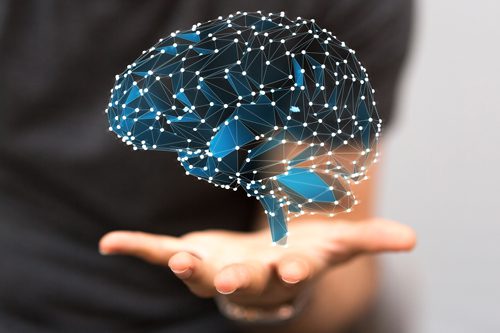The question, “Why are drugs so addicting?”, doesn’t have a simple answer.
The way the brain reacts when a drug is taken into the body is key. Additionally, some drugs are more addictive physiologically, meaning our bodies become dependent, while others are more psychologically addictive. In addition, some people are more susceptible to becoming addicted to drugs and alcohol. Let’s keep it simple and strictly address the question “Why are drugs so addicting?”
Most drugs affect the brain’s “reward circuit” by flooding it with the chemical messenger dopamine.
This system’s operations are responsible for making us feel good and experiencing pleasure when doing things like spending time with friends and family or enjoying a cup of coffee. When drugs are used, this system is kicked into hyperdrive, causing the user to experience an extremely pleasurable high. This high is then sought over and over, leading to additional abuse and possible addiction. As a person continues to use drugs, the brain adjusts to the excess dopamine by making less of it and/or reducing the ability of cells in the reward circuit to respond to it. This is often referred to as “tolerance,” and it leads people to take more of the drug, administer the drug in more risky ways, and/or use additional substances to try to achieve something like that original high.
Some drugs like alcohol, opioids, and benzodiazepines are physically addictive as well.
Not only do they act on the pleasure center in the brain, but the body becomes dependent on having the substance present in order to function. Physical dependence can happen with the chronic use of many drugs—including some prescription drugs, even if taken as instructed. If a person has a history of substance abuse, it is important to share that information with healthcare providers, so they can make informed decisions when prescribing medication.
If you are concerned about the use of drugs by you or someone you love, please consider reaching out and speaking with someone. While there is much information available online, speaking with a professional is the best way to get clear answers to any questions you may have.
References:
DrugFacts: Understanding Drug Use and Addiction | National Institute on Drug Abuse (NIDA). (2016, August). Retrieved January, 2017.
Is there a difference between physical dependence and addiction? | National Institute on Drug Abuse (NIDA). (2012, December). Retrieved January, 2017.

